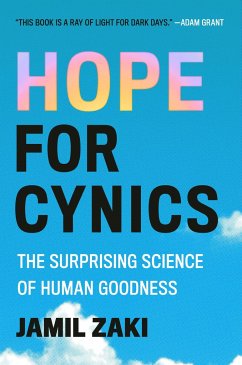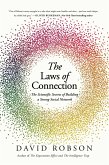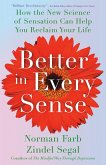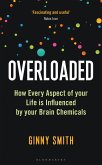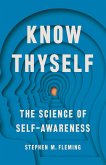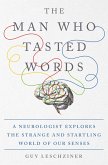"For thousands of years, people have argued about whether humanity is selfish or generous, cruel or kind. In 1972, half of Americans agreed that most people can be trusted; by 2018, that figure had fallen to 30%. Different generations, genders, religions, and political parties can't seem to agree on anything, except, perhaps, on one idea: that human virtue is evaporating. Cynicism is a perfectly understandable response to a world full of injustice, harm, and inequality. But in many cases, cynicism has become the first--or only--tool that people reach for these days. It is the psychological hammer of our age, and we are treating others more and more like nails. ... When we expect people to be awful, we coax awfulness out of them. Cynicism is a disease--with a history, symptoms, and a cure"--
Hinweis: Dieser Artikel kann nur an eine deutsche Lieferadresse ausgeliefert werden.
Hinweis: Dieser Artikel kann nur an eine deutsche Lieferadresse ausgeliefert werden.

